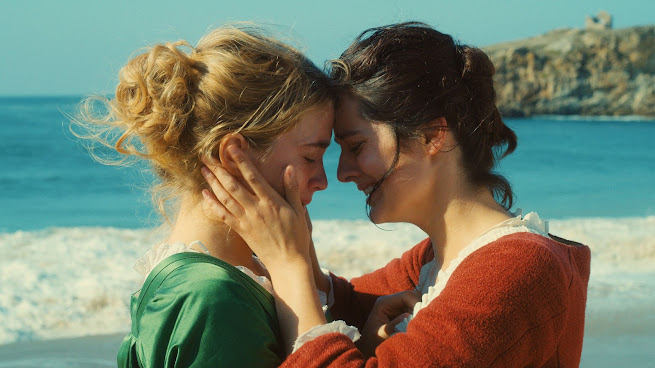Title: A Large Harmonium
Author: Sue Sorensen
Publisher: Coteau Books
Country: Canada
Sue Sorensen is an English teacher at CMU (Canadian Mennonite University) in Winnipeg, MB. She has published three books and has poetry in journals such as The New Quarterly, Exile, CV2, Grain, Room, and Prairie Fire. In addition, she has academic publications on a wide variety of subjects from children's lit to Neil Young. I feel lucky to have met her on Twitter, as she has gifted me a pristine copy of her captivating A Large Harmonium.
A Large Harmonium covers a year in the life of Janey: wife, mother, academic. She’s a woman who doesn’t quite understand how she acquired this life and can’t decide whether it is punishment or reward.
Sue Sorensen describes her book as "leaning towards Bridget Jones' Diary" while I would say it reminds me of the films of Noah Baumbach (Frances Ha) A Large Harmonium is a fictional story that feels rooted in truth & real life circumstance, but is layered in wit and irony. I found myself chuckling at the absurd humor sprinkled throughout; it gave the book a great deal of charm that helped with the brisk pace of the book.
While Janey and I are very different people. she's a mother in her 40's & I'm a childless man who just turned 30, I felt very connected with her touching plight. I too have anxieties. self-doubt and question how my life went & how it is going. A Large Harmonium is very accessible in the way its down-to-earth tone catches us off guard and makes the reader more of an emotionally vulnerable person.
I love stories that stress character study over plot. Though I'm not the biggest reader of books about domestic situations (my favorite reads are grimy detective novellas) I found myself connected to this woman on the cusp of a mid-life crisis. I feel like I will be reading A Large Harmonium again when I turn 40 and need some emotional clarity.






















